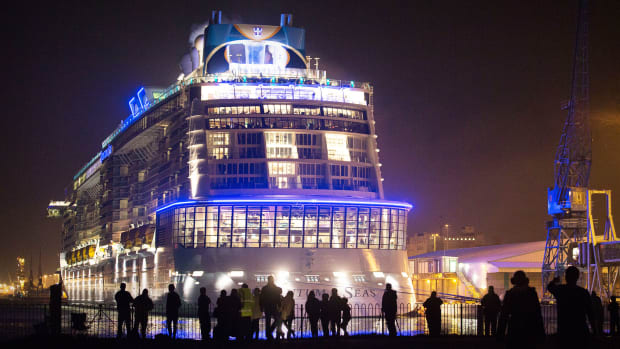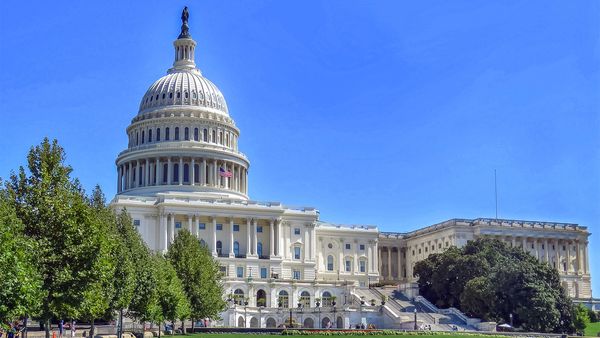Before the pandemic, cruise lines had health forms -- sometimes on paper, sometimes on their app -- that you had to fill out before you sailed. Basically, you had to answer questions that determined if you were actively sick.
Things got a lot more serious when the Centers for Disease Control and Prevention finally lifted its "No-Sail Order" in favor of its "Conditional Sailing Order." That allowed cruise lines to return to sailing from U.S. ports but they had to follow very strict protocols.
The rules took a few months to settle in, and where you needed to wear a mask onboard changed a few times, but there were a few very clear rules followed by Royal Caribbean International (RCL), Carnival Cruise Lines (CCL), Norwegian Cruise Line (NCLH), and every other cruise line that sailed from U.S. ports:
- All crew had to be vaccinated and regularly tested.
- All passengers 12-and-over must be vaccinated and provide proof of that before boarding.
- All passengers must provide a negative covid test taken no more than two days before their sailing.
There were nuances, and slight changes based on ports, but those were the core rules Royal Caribbean and its rivals followed.
In July, however, the CDC dropped all monitoring of covid on cruise lines. And, while it would eventually provide some guidance to the industry, it was no longer setting any rules. That led Royal Caribbean, Carnival, Norwegian, and the rest of the cruise industry to make changes to their rules.

Image source: Matt Cardy/Getty Images
These Are Royal Caribbean's Covid Rules
Royal Caribbean has greatly relaxed its covid rules. The most important change may be the following:
- Guests who are not vaccinated can sail on any cruise from the U.S. or Europe (*except itineraries that visit Canada or Bermuda).
Vaccination rules have also been loosened quite a bit:
- Vaccinated guests won’t have to take a pre-cruise test on cruises that are shorter than 10 nights.
- Unvaccinated guests age 5 and up will need to test within three days before boarding, regardless of cruise length.
- The company will begin accepting results from self-administered home tests.
By allowing people to take at-home tests without proctors, the cruise line has essentially made testing an honor system approach. Under the previous testing protocol, home tests had to be proctored -- watched by an online monitor to make sure the person testing was actually, well the person testing.
It's a Balance Between Business and Safety
Royal Caribbean has to walk a difficult line as it needs to attract as many people as possible to sail on its ships while also at least making it seem like it's concerned about health and safety. Ideally, the cruise line wants all of its passengers to be vaccinated and to properly test, but it needs to fill its cabins in order to return to pre-pandemic normals.
CEO Jason Liberty has tried to balance those concerns and talked about the CDC program changes during Royal Caribbean's second-quarter earnings call. These comments were made before the cruise line had dropped its vaccine requirement.
"The other major milestone for the group and the industry is related to the CDC ending its program for cruise ships as we are now transitioning to the point where everyone will be able to vacation with us," he said. "As we've always said, the health and safety of our guests, crew, and communities we visit are our top priority, and cruising has proven to be one of the safest environments anywhere."
The CEO went on to make a comparison to other travel businesses.
"After two years of successfully working with us, the CDC has transitioned from enforcing protocols and policies for the cruise industry to suggestions and recommendations to be in line with the travel and tourism sector," he added.
Liberty also pointed out a key sign of recovery for the company and maybe the entire industry.
"The attractive new-to-cruise segment is now returning faster with non-loyalty guests doubling in Q2, compared to Q1, and the mix is essentially on par with 2019 levels," he said.







